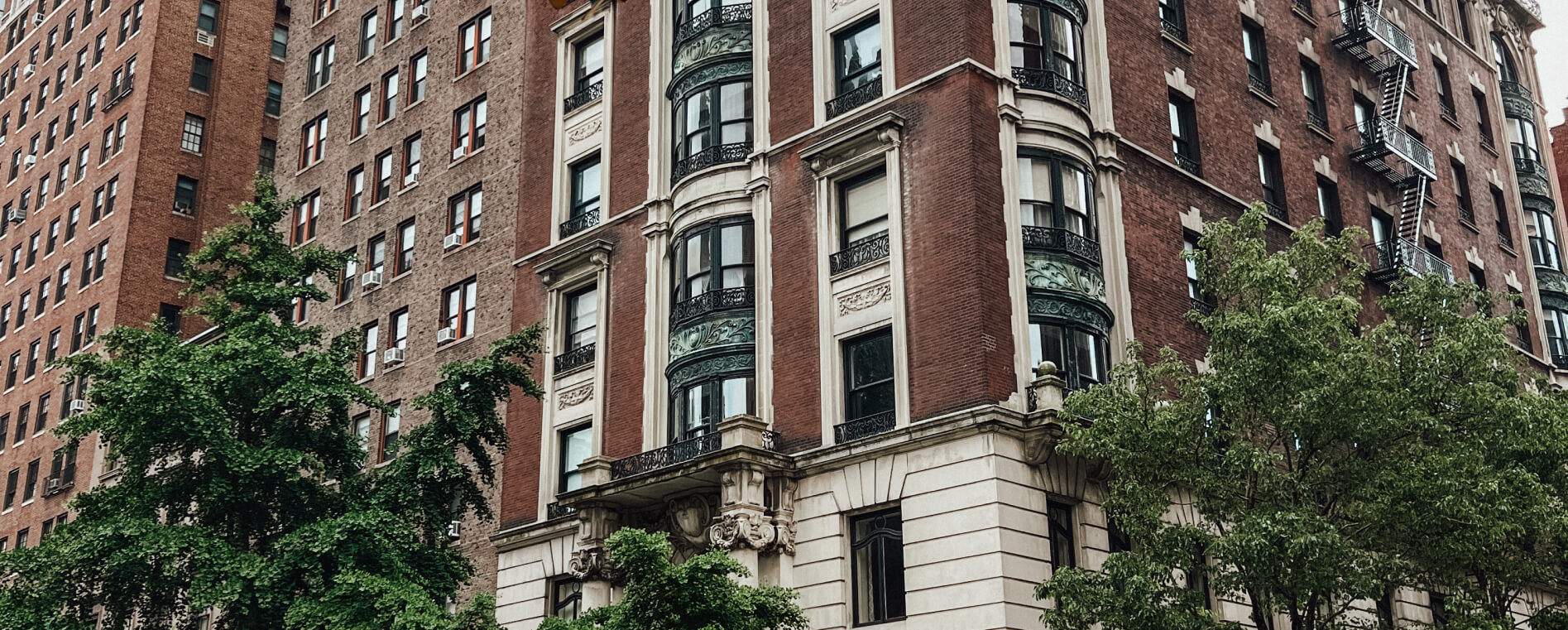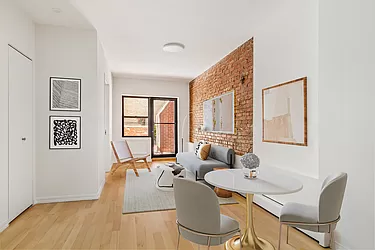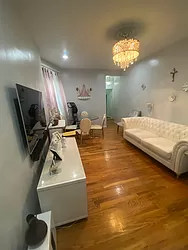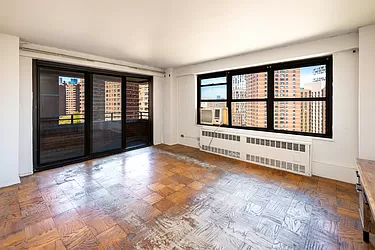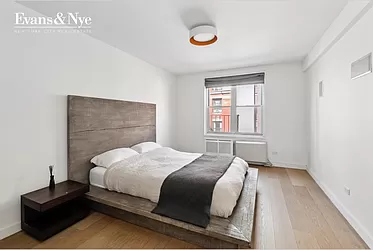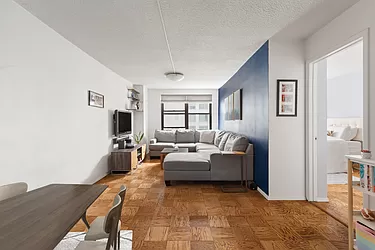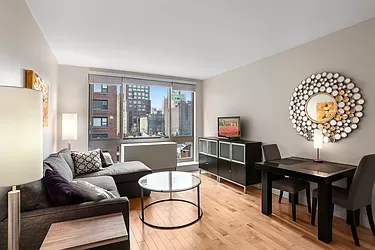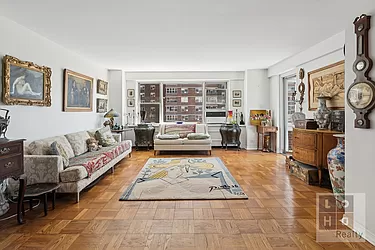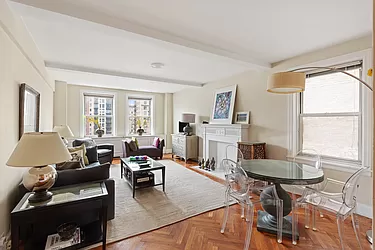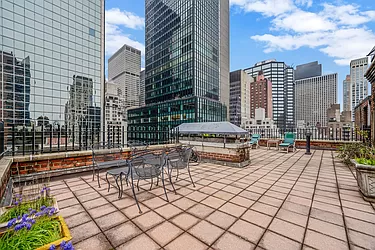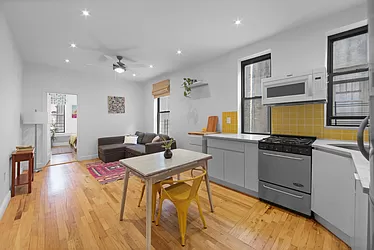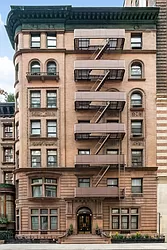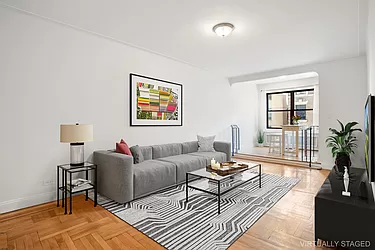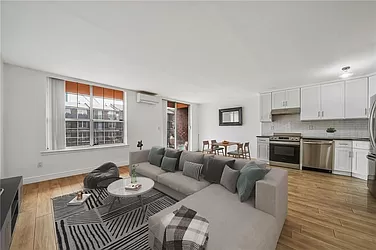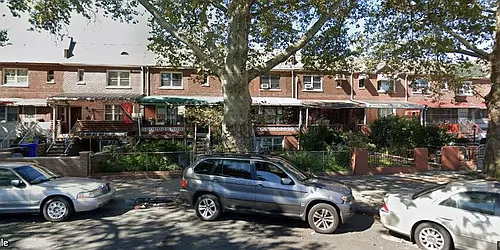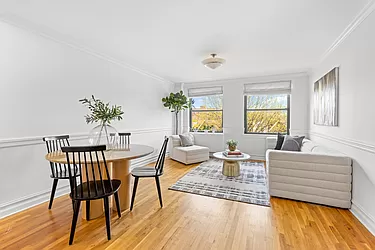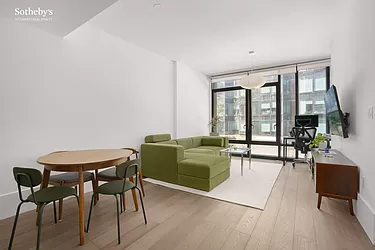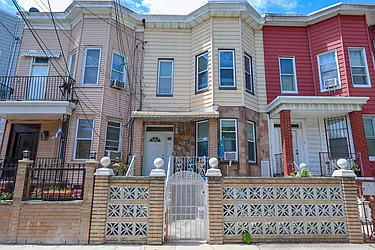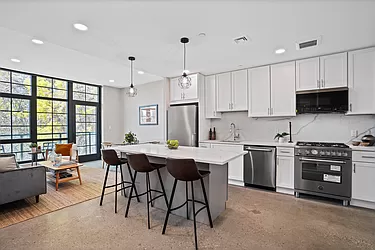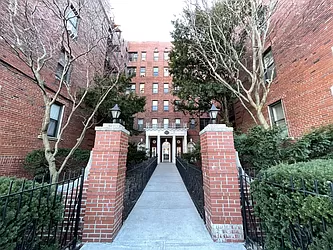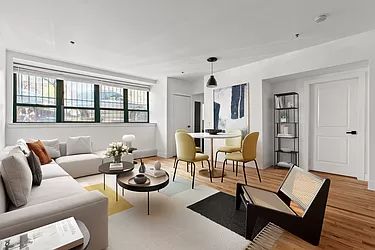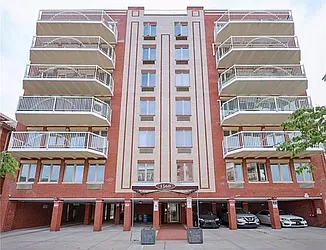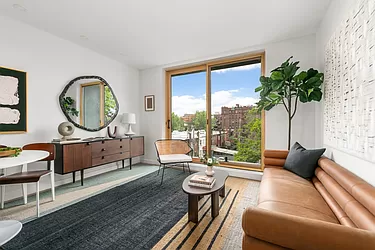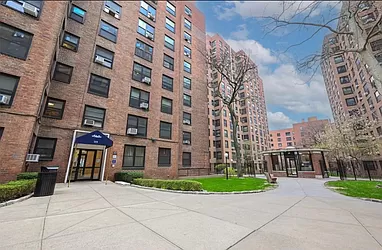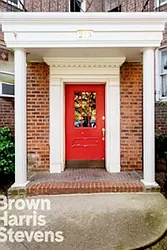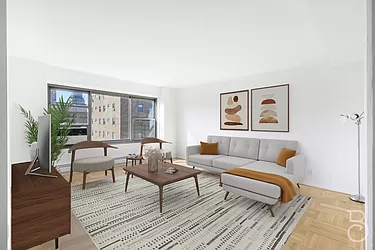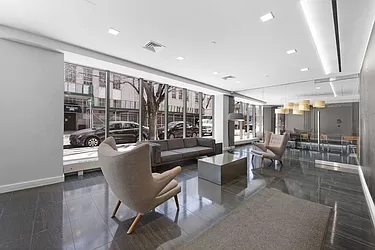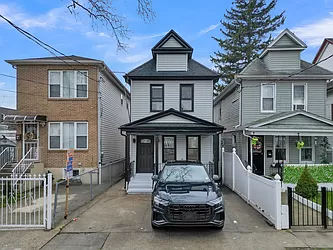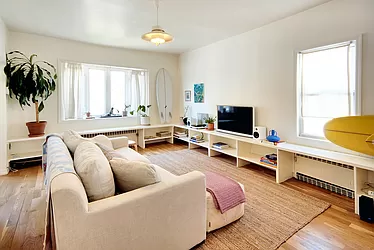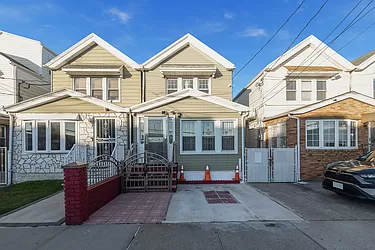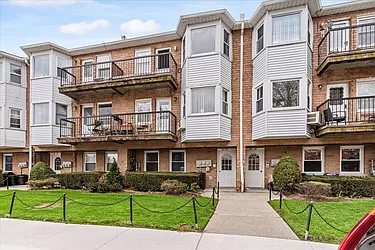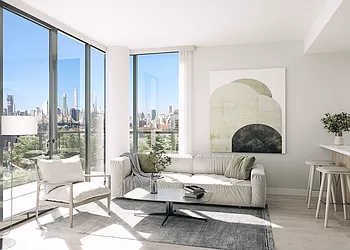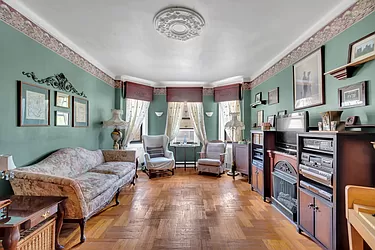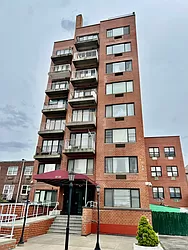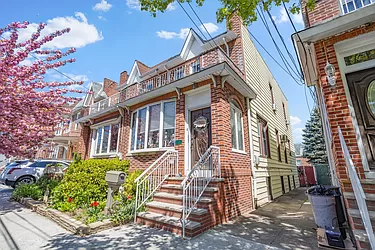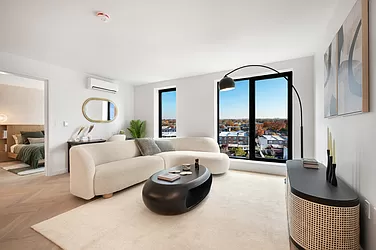New York City real estate has always been pioneering. It invented or popularized concepts like rent control, rent stabilization, subletting, and “home clubs.” These evolved into cooperative buildings, or what we today call co-ops. When you buy a co-op apartment, you don’t actually own the physical space, like you would with a condominium. (Or a suburban home!) Instead, you become a shareholder in a corporation that is made up of everyone who lives in the building. To people outside of NYC, the idea may sound pretty out-there. But it’s hugely popular, and it has a lot of advantages.
What Is a Co-Op Apartment in New York City?
In a NYC co-op, the building itself is considered a corporation. Every apartment “owner” is actually a shareholder in the corporation. The number of shares owned differs depending on the apartment. Typically, the bigger the apartment, the more shares it represents. So one owner might hold far more shares, or far fewer, than their neighbor down the hall. Therefore, during building decision-making, the vote of an owner with more shares holds more sway than that of an owner with fewer shares.
As with any corporation, a co-op is run by an elected board of directors (fellow shareholders). This is the famous — or infamous – co-op board. Along with a management company, the board makes the decisions that support and maintain the building. Its job is to ensure that the building is financially stable, that problems or conflicts are resolved, and that the building runs smoothly and efficiently.
Manhattan Homes Under $1M on StreetEasy Article continues below
What Are Co-Op Maintenance Fees?
In a co-op, all shareholders have a stake in making sure their home is a nice place to live. Keeping the building well maintained helps keep quality of life high for residents. To pay for this upkeep, each shareholder pays a monthly maintenance fee. These fees collectively cover the building’s property taxes, utility bills, any underlying mortgage, staff salaries, and more.
How much maintenance shareholders pay is determined by how many shares they own. So, again, the amount you pay may be more, or less, than your neighbor. Those who own more bear more of the cost, but, again, they also hold more decision-making power.
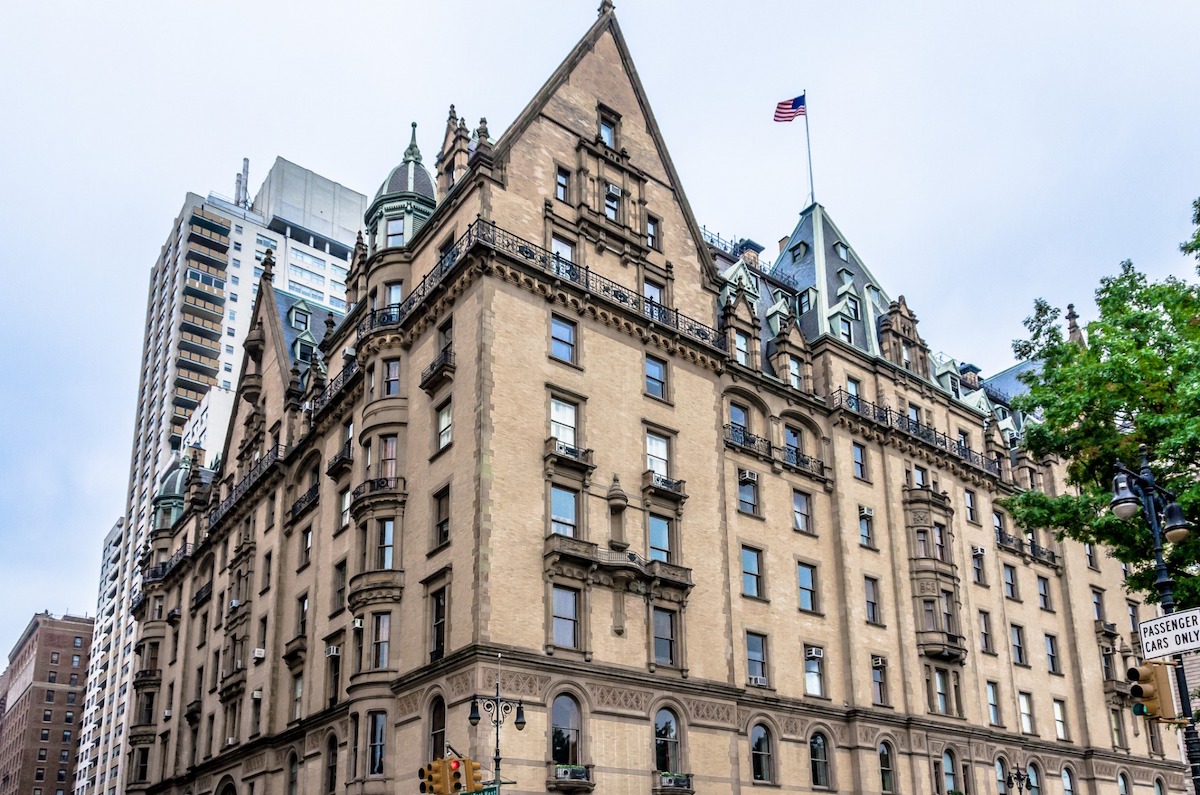
What Are the Advantages of Buying a Co-Op Apartment?
Co-ops are the most prevalent type of apartment in NYC. There are lots of reasons why so many New Yorkers prefer them:
They’re Cheaper Than Condos
In general, co-op apartments cost less than condominiums. “Co-ops are a good 15 to 20 percent cheaper,” says Polly Milligan, an associate broker with Douglas Elliman. There are many reasons for this, mainly that they tend to be older buildings than condos. Even a relatively young co-op probably doesn’t have the up-to-the-minute technology and amenities that new construction boasts, and that’s reflected in the cost.
In addition, co-op closing costs are strikingly more affordable as well. A co-op apartment is not a physical piece of property, like a condo. So a co-op purchase does not require much of the title insurance, taxes, and fees that condo purchasers must pay. “It can cost $5,000 to $8,000 to close on a Manhattan co-op that’s under $1 million, compared to an average $20,000 for a condo,” Milligan says.
They Give You More Inventory to Choose From
Co-ops began back in the 19th century, while condos didn’t become common in NYC until the 1970s. That means most of the beautiful old brownstones and elegant prewar buildings people love are co-ops. It also means there are more of them: Co-ops make up about 75 percent of the housing stock in the city.
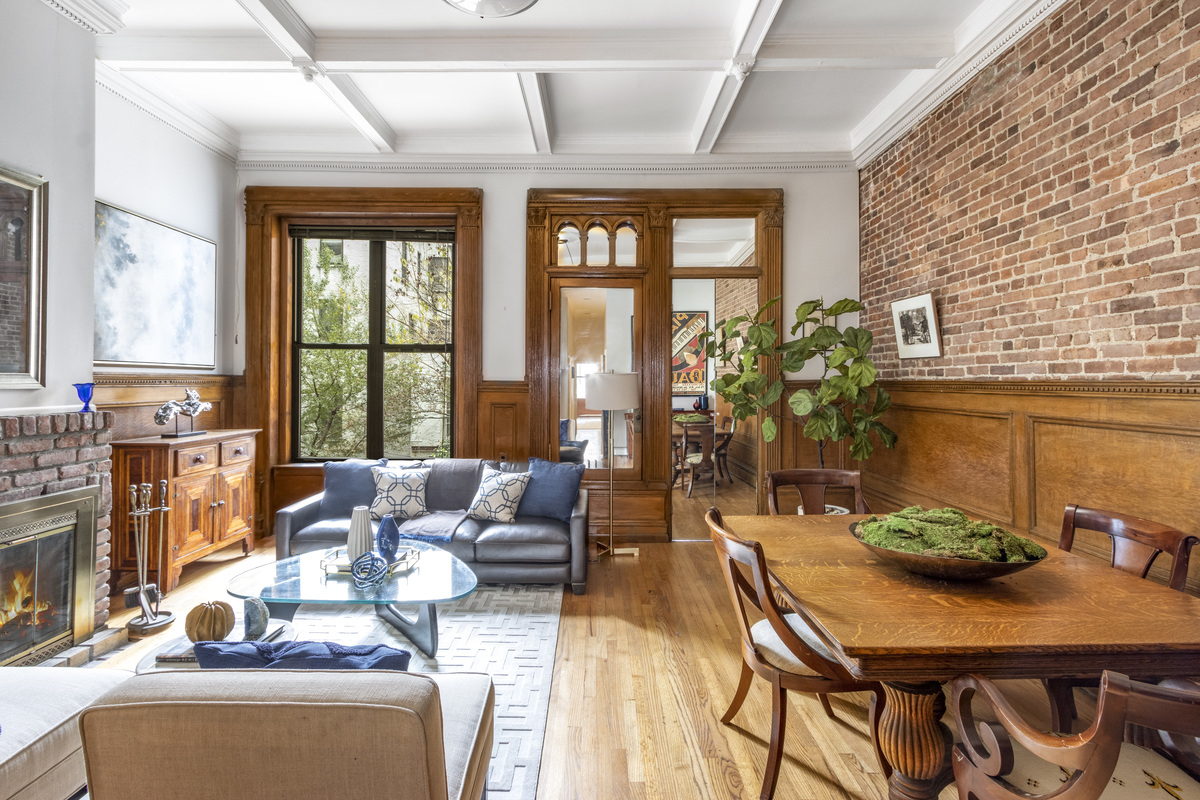
They Tend to Be Financially Stable
The residents themselves own a co-op building, not a wealthy investor. That’s part of why co-op boards are so notoriously picky. They’re deeply invested in ensuring that everyone who joins their corporation can bear their share of the financial burden, easily and for the long term. “You almost have to be overqualified to own a co-op,” says Milligan.
This all translates to stable property values and financial security. This is especially true in the event of economic upheaval. For example, during the Great Recession of 2008, the housing market across the country was close to collapse. But in New York, the local real estate market avoided a complete nosedive. It was buoyed by co-ops, whose shareholders all had to pass strict lending requirements and therefore didn’t default on their mortgages.
They’re Like a Community
For a potential buyer, co-ops have strict vetting processes. But as an owner, a co-op is often friendlier and less impersonal than a condo building filled with anonymous residents. There likely won’t be an Airbnb-like rotation of strangers roaming your halls. You will get to know most of your neighbors, or at least recognize them, because you’ll see them regularly.
Added bonus: Beyond friendliness, this is also a security perk. It means co-op apartment dwellers are more likely to notice a strange face or intruder in the building than those in an anonymous condo or rental building.
They Offer More Leverage in Disputes
Let’s say you have a neighbor who is particularly noisy. In a condo, there’s very little you can do about it beyond talking to them. By contrast, a co-op board can impose fines on shareholders who repeatedly break the house rules, and can even evict an offending shareholder if necessary. So you — through the co-op board — have more options than a condo owner would in this situation.
Brooklyn Homes Under $1M on StreetEasy Article continues below
What Are the Disadvantages?
They Want to Know Everything About You
Be prepared for a co-op application to require every detail about your life. Many people find this off-putting — or just plain rude. But remember: In a co-op, if one shareholder falls into debt, the whole building suffers. Everyone else has to shoulder that loss in income. So boards need to be sure you can pull your weight. “It can seem invasive,” says Milligan. “But really, it protects everyone. You want to trust that anyone who comes in is solid. Think of it as security for the building’s future.”
They’re Usually Not Modern Construction
Co-ops tend to be older structures. This can be a good thing: solid construction, nice thick walls, etc. But it can also make them more expensive to maintain. For example, if a building’s elevator hasn’t been updated since there was an attendant to pull the levers, then it’s going to take a lot of capital to keep it running smoothly.
Condos — especially new-construction ones — have to adhere to modern building codes. So they won’t have outdated mechanicals, temperamental boilers, drafty old windows, and so on.
They’re Less Flexible
Many types of buyers have very slim chances of being accepted into a co-op. If you want to rent out your unit right away, for example, that’s usually a no-go. Ditto if you don’t have a stable employment history, or if you have bad credit, or if you lack a cash reserve that will last years.
But this isn’t true for condos, where there aren’t as many hoops to jump through. As long as you can pay the minimum downpayment and obtain a mortgage, that’s usually sufficient.
They Take Longer to Close
Because co-ops always have their eye on financial stability, they can (and do) ask for every little detail that might affect their bottom line. And they may ask for additional documents as they review your application, which can draw the process out. It can take three to five months until a buyer can close on a co-op apartment. A condo, on the other hand, usually takes less than two months to close, and sometimes even less.
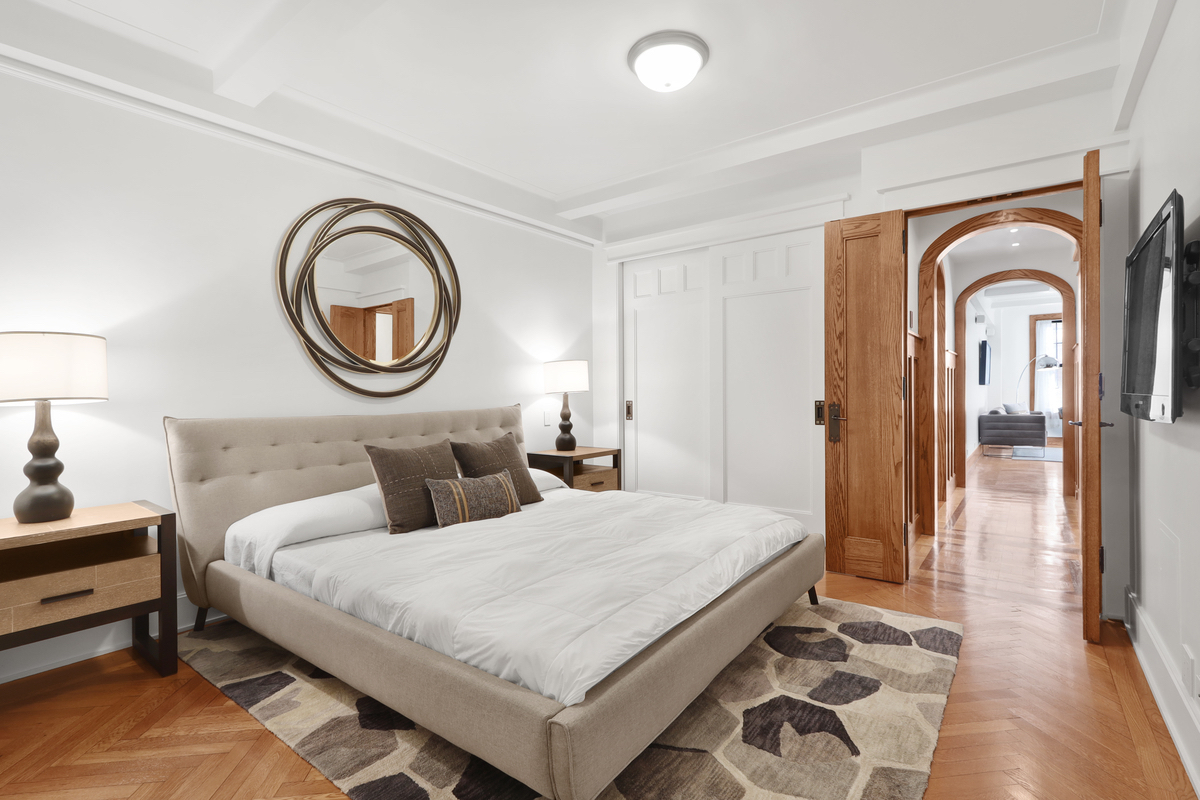
What’s the Process for Buying a Co-Op?
As you can see, co-ops ask a lot of potential buyers. Financially, they usually require a 20% to 30% minimum down payment. They also require a low debt-to-income ratio (DTI) and high post-closing liquidity. They might even require enough cash reserves to sustain you for up to two years in case you lose your job. Whew! Here’s the basic step-by-step buying process for co-ops:
- Before you even start apartment hunting, consult mortgage lenders to get an idea of just how much home you can afford. Get pre-approved for a mortgage. Doing this in advance will help the process move along more quickly once you find a place you like.
- Find a real estate agent. StreetEasy can help! If you have an idea of the neighborhood or type of building you’d like to live in, contact a StreetEasy Expert, an agent with proven experience in a particular building or area. Your agent will guide you in compiling your co-op application and will represent you when negotiating offers and counter offers.
- Find a real estate lawyer. If you don’t know any, ask friends and family. Your agent can often recommend one as well.
- Make an offer, and if it is accepted, sign the contract. If there are any repairs or actions you want done — such as the removal of a broken oven or a built-in wall cabinet — now is the time to say so. Expect some negotiation, as the seller may not want to accommodate your request.
- Compile and submit your application.
- And now you wait! If all goes well with the application, you’ll be called in for a co-op board interview. And if all goes well with that, you’ll be cleared to set a date for closing.
- Close and move in. Welcome to your new home!
Queens Homes Under $850K on StreetEasy Article continues below
What Are the Top Reasons for a Co-Op Board Rejection?
There are any number of reasons why a co-op board might reject an applicant. And they aren’t required to tell you why. (Although that long-standing policy might soon change.) Here are a few common rejection reasons:
- A disorganized or incomplete application. This can speak volumes about how you manage your finances. Follow the purchase application checklist meticulously. If there’s anything you don’t understand, ask.
- Insufficient financial stability. Co-op boards are notorious for asking seemingly nosy questions. But there’s usually sound financial reasoning behind it. For example, if you’re going through a divorce, will you be paying alimony or child support? Do you shop frequently and carry a high monthly credit card balance? Do you pay off your credit card every month? All of these factors can change your DTI, which affects your financial attractiveness.
- A low accepted offer. While you may feel like you negotiated a great price, the board may feel that the unit’s sale price is too low. They can reject applications based simply on that number. Why? Because it affects the overall property value of the building. Make sure your real estate agent does thorough comps, so you know you’re making an offer that won’t get rejected by the board.
- Erratic patterns of behavior. Do you hop from job to job every couple years? Do you like to hold large, crazy parties? Is your social media presence a little bit… incriminating? Shareholders want to make sure you’re someone they’d want to live next door to.
Buying a co-op apartment can be an arduous process, for sure. And there are plenty of infamous stories of co-op rejection. But in general, all you really need to do are two things: meet the financial requirements, and come across as someone who would be a respectful, responsible, nice neighbor. StreetEasy offers lots of tips and online seminars that can help you through. And ultimately, it is worth every bead of sweat to have a home you feel great about.
—
Whether you’re looking to rent or to buy, find your next NYC apartment on StreetEasy.
